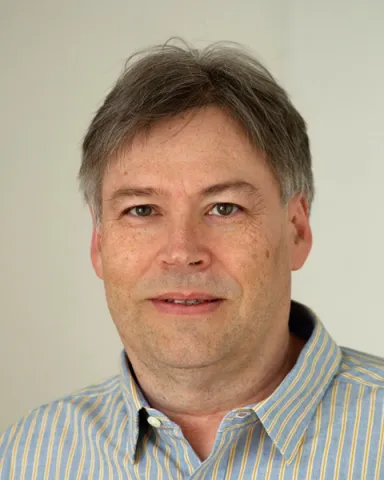About the project
This project, focussing on high-power laser architectures, will contribute to a major Ministry of Defence (MoD) research programme intended to develop generation-after-next-technologies for applications in defence and security.
The project will be supervised by Prof Johan Nilsson and Dr William Kerridge-Johns at the University with support and co-supervision by Dr Adam Devine from NKT Photonics.
It will research coherent beam combination (CBC) of ytterbium-doped fibre laser amplifiers with multiple functionalities. This is in contrast to most of the current research on CBC lasers, which simply aims at increasing the power.
The project will allow the student to acquire expertise in designing, constructing, operating, and characterising high-power fibre laser amplifiers, nonlinear fibre optics, and optical phase detection and control.
The main objectives are:
- experimental realisation and characterisation of high-power ytterbium-doped fibre laser amplifier with low phase noise and nonlinear phase distortion
- realisation of multi-functional CBC laser
- characterisation and optimisation of CBC laser
- lab test on different targets.
The PhD project is part of a new MoD/EPSRC Energy Transfer Technologies Skills and Training (S&T) Hub. The main aim of the Hub is to train the next generation of leaders in energy transfer technologies relevant for defence and other related applications. The Hub is supported by MoD, Dstl, and UK companies working in defence and security.
You will be based at the Optoelectronics Research Centre, being part of a cohort of 12 PhD students across a number of UK institutions. The Skills and Training Hub will run online and face-to-face activities to facilitate cohort building and group learning exercises throughout the PhD programme.
The industrial partner, NKT Photonics, will participate in the project via its UK operations, and will provide additional PhD supervision, hardware (when appropriate) and a placement opportunity.
The duration of the PhD is 4 years, and the start date is 1st October.
